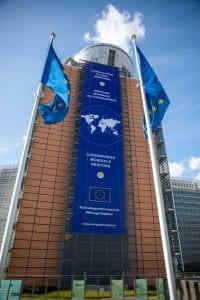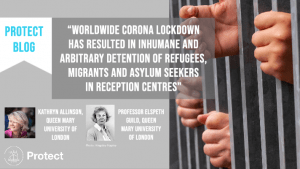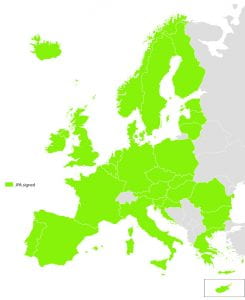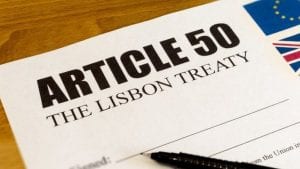By Dr. Georgina Tsagas, Senior Lecturer in Law (Brunel University) and Prof Charlotte Villiers, Professor of Company Law (University of Bristol Law School).
 In our paper we shed light on why ‘Less is More’ in the Non-Financial Reporting landscape and explain how an effective decluttering of the non-financial reporting landscape can take place by focusing on improving and widening the scope of the application of the EU Non-Financial Reporting Directive.
In our paper we shed light on why ‘Less is More’ in the Non-Financial Reporting landscape and explain how an effective decluttering of the non-financial reporting landscape can take place by focusing on improving and widening the scope of the application of the EU Non-Financial Reporting Directive.
What is the root cause of the problem at hand?
Knowing ‘the price of everything and the value of nothing’ is more than just a nice turn of phrase that Oscar Wilde had Lord Darlington quip in one of his plays. Projecting into the future, the phrase has spoken volumes on how modern society has drifted away from cultural values and has also highlighted society’s collective failure to place those values on a par with financial ones. Yet in the area of corporations’ non-financial reporting the problem remains that, although in the year 2020 we have reached a common ground on the fact that sustainability is a value worth preserving, there is no rate, no metric, no price nor cost attached to it, which arguably creates chaos for private and public actors alike. Not only do identified stakeholders face the negative consequences, but in both the short term and long term all actors involved and affected corporations, as well as society as a whole, will face the adverse effects of corporations’ unsustainable practices. The fact that sustainability cannot be accounted for in a consistent way is the essence of the problem. Assuming that the chaotic framework for non-financial reporting is part of the problem, we argue that fixing that framework must be part of the solution. (more…)








 This blog is written after the
This blog is written after the